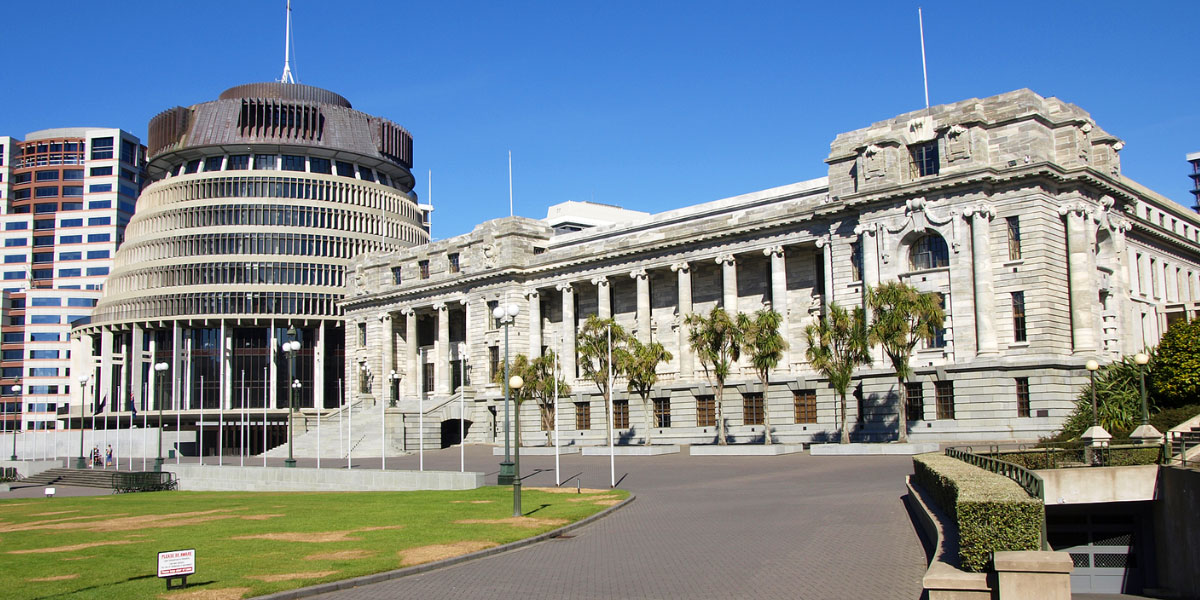On 23 February 2024, the New Zealand Inland Revenue Department released an update regarding the OECD’s two-pillar solution and its enforcement in New Zealand. The update mentions that New Zealand has decided not to implement the Amount B simplified approach for transfer pricing for baseline marketing and distribution activities. The update also mentioned that
the finalization of Amount A is still pending. In addition, New Zealand didn’t enforce the Pillar 2 GloBE Rules as per the latest update.
The OECD/G20 Inclusive Framework on Base Erosion and Profit Shifting (IF) has agreed to develop a two-pillar solution to address the tax challenges arising from the digitalization of the economy. New Zealand is a member of the OECD and IF.
Amount A of Pillar One
Amount A of Pillar One coordinates a reallocation of taxing rights to market jurisdictions with respect to a share of the profits of the largest and most profitable multinational enterprises (MNEs) operating in their markets, regardless of their physical presence. Amount A has not yet been finalized.
Amount B of Pillar One
Amount B of Pillar One provides an optional simplified and streamlined transfer pricing approach that jurisdictions may opt to apply to in-country baseline marketing and distribution activities for fiscal years commencing on or after 1 January 2025.
New Zealand has not opted to apply this approach, as such its introduction does not change our current rules or practice. Our existing simplification measure for small foreign-owned wholesale distributors remains available, and existing transfer pricing rules apply in all other cases.
Foreign-owned distributors operating in New Zealand
Arm’s length outcomes for foreign-owned distributors operating in New Zealand must continue to be determined in accordance with existing transfer pricing approaches.
Consistent with paragraph 6 of the approach, in New Zealand, the approach will not be treated as providing an arm’s length outcome (including for the purposes of Article 9 of the Model Tax Convention and by extension Article 25).
Conforming changes to the Model Tax Convention commentary provide tax certainty in this respect. Therefore, the application of the approach by foreign-owned distributors operating in New Zealand:
- will not be considered compliant with New Zealand’s domestic transfer pricing rules
- will not discharge the taxpayer’s burden of proof in respect of those rules and
- will expose the taxpayer to shortfall penalties.
To the extent that double taxation arises from a transfer pricing adjustment, relief will not be provided based on the application of the approach consistent with paragraph 77 of the approach and the conforming changes to the Model Tax Convention commentary.
Regard must also be had to paragraph 43 of the approach, which confirms that the approach has no bearing on existing transfer pricing and does not change any existing OECD guidance. The methodology and guidance used in the approach, including all design elements and defined terms, are specific to the approach. No element or term should be construed as implying that it would be acceptable under existing transfer pricing rules. That is, existing transfer pricing rules must be applied without any reference to the approach.
A foreign jurisdiction may opt to apply the approach to distributors operating in its jurisdiction. Where a New Zealand-owned distributor operates in a jurisdiction that applies the approach, it must still apply existing transfer pricing approaches to the relevant transaction in respect of its New Zealand obligations.
Pillar Two
Pillar Two comprises the Global Anti-Base Erosion Rules (GloBE Rules, which are designed to ensure large multinational enterprises pay a minimum level of tax on the income arising in each of the jurisdictions where they operate. New Zealand has not yet implemented GloBE Rules.














